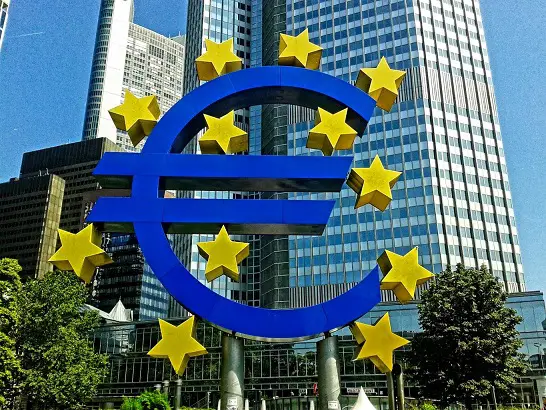Ignazio Visco a member of the European Central Bank Governing Council, has said that inflation may begin to fall more quickly than the institution predicted last month as declines in energy costs continue to trickle down into a broader range of prices.
Although “core” inflation measures, which strip out more volatile items, remain stubborn, in an interview with Bloomberg Television on Tuesday, Visco said that lower prices for commodities, including natural gas, will have an accelerating effect on the measure.
In Gandhinagar, India, where Visco’s attending a meeting of Group of Twenty finance chiefs, he said, “Since we have also been observing a substantial reduction in energy prices, we have to expect that this will be seen also in underlying inflation in the coming months, certainly by the end of the year.”
He added, “The ECB projects that by the end of 2025 there will be 2% — my impression is that it might be faster.”
Reportedly, at a meeting next week it is expected that officials will raise interest rates another 0.25%. Unclear is if this will mark the end of interest rate hikes for the ECB, or if the next meeting in September will see the bank continue the strictest campaign of monetary tightening in the bank’s history.
Economists are betting that rates will continue to rise, according to a poll by Bloomberg which came out this week. That would mean the deposit rate could be expected to rise from the 3.5% it sits at now up to 4%. Although some hawks have made the case for continuing the rate hikes into the fall, others worry about inflicting undue economic damage after the Eurozone entered a recession last winter.
Visco noted, “There is a risk of doing too much and I think that we have to be careful about that. There is also a risk that we may do too little, so we have to be balanced and we have to decide on the basis of the incoming information.”
President of the Bundesbank Joachim Nagel said in an interview with Bloomberg on Monday, that he is expecting to see a hike this month, and that what will happen in September is going to depend on what the data shows between then and now.
Core inflation is a particular concern of policymakers, as it has proven stickier than headline inflation. Last month it continued to tick up to 5.4%, although the ECB has forecast that it is going to slow to 2.2% in the fourth quarter of 2025, as the headline reading drops to 2.1% in the same period.
Visco, who will retire later in the year, says he feels confident that the ECB can achieve its goals and avoid triggering an economic downturn.
Visco said, “I don’t think that we need to have a recession. We can disinflate the economy without a recession. We have to be careful on that.”

